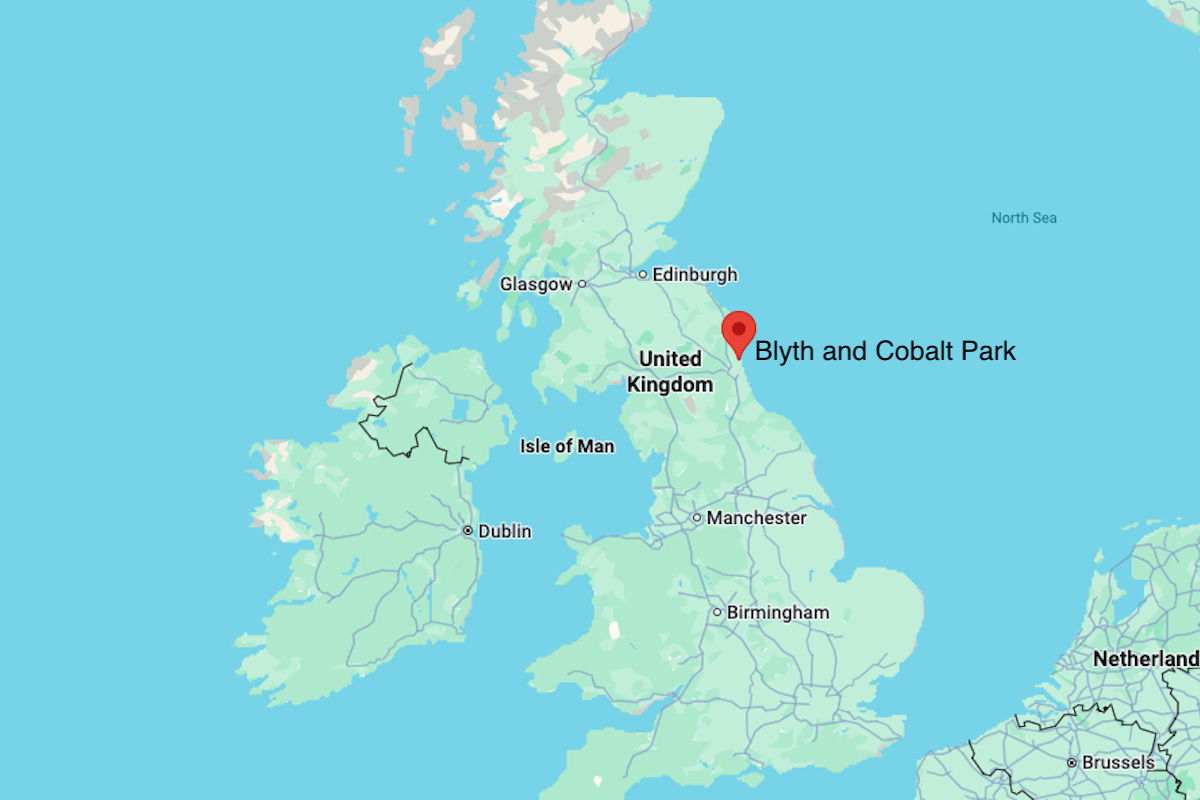UK to Establish AI Growth Zone in North East to Attract Global Investment
Ambitious plan aims to position Britain as a premier AI hub with vast new data centers and transformative infrastructure

The UK Government has unveiled a landmark plan to create an Artificial Intelligence (AI) Growth Zone in North East England, a strategic initiative designed to catalyze inward investment from American technology giants and cement Britain’s standing as a global AI powerhouse.
The initiative—expected to unlock more than £30 billion in private investment—will see new data centers, supercomputing infrastructure, and large-scale training programs converge in one of the nation’s most promising technology corridors.
Anchored by state-of-the-art facilities at Blyth and Cobalt Park near Newcastle, the AI Growth Zone is set to provide more than 5,000 highly skilled roles spanning data engineering, AI research and development, and infrastructure operations. More importantly, the zone’s proponents see it as the catalyst for a new era of transatlantic technological collaboration.
Stargate UK, a new sovereign supercomputing platform, is at the heart of this transatlantic surge. The venture will see US innovators OpenAI and Nvidia partnering with UK-based Nscale to deploy OpenAI’s models on British soil. The first tranche will involve up to 8,000 advanced GPUs (graphics processing units), with scope to expand to about 31,000 over time, dramatically boosting Britain’s AI compute capacity. Cobalt Park, part of the new Growth Zone, is slated as a key base of operations for Stargate UK.
“This is a historic chapter in U.S.–United Kingdom technology collaboration,” said Jensen Huang, Founder and CEO of Nvidia. “We are at the Big Bang of the AI era—and the United Kingdom stands in a Goldilocks position, where world-class talent, research and industry converge. By building state-of-the-art AI infrastructure and investing in British startups, we are unlocking the power of AI for the UK—fuelling breakthroughs, creating jobs, and igniting the next industrial revolution.”
OpenAI Chief Executive Sam Altman echoed this sentiment, remarking that “The UK has been a longstanding pioneer of AI, and is now home to world-class researchers, millions of ChatGPT users, and a government that quickly recognized the potential of this technology. Stargate UK builds on this foundation to help accelerate scientific breakthroughs, improve productivity, and drive economic growth.”
Billions Pouring Into British Data Infrastructure
The initiative is emerging as a magnet for American capital at a moment when AI adoption is accelerating worldwide. Blackstone has already committed £10 billion to develop a 540,000 m² QTS Cambois Data Centre Campus in Blyth, one of the largest single technology infrastructure investments in British history.
QTS, a Blackstone-owned digital infrastructure leader in designing, building and operating sustainable data centres, is spearheading the project. This initial capital outlay could be followed by an additional £20 billion from prospective partners attracted by the Growth Zone’s designation.
According to research from Barbour ABI, the number of data centers across the UK is projected to rise by nearly 20 percent over the next five years to meet soaring demand for AI-driven processing power. There are currently about 477 data centers nationwide, with almost 100 new facilities planned, many of them funded by major American technology companies such as Microsoft and Google.
While many of these facilities are clustered around London, the North East is emerging as a strategic alternative, offering lower land costs, abundant clean energy from wind and solar sources, and proximity to the region’s strong universities. The new Blyth data center alone will ramp its energy capacity to 1.1 GW within six years, positioning it among the largest data campuses in Europe.
“We’re delighted to announce Nscale’s commitment to UK AI infrastructure today, including through Stargate UK and building the most powerful supercomputer in the country with Microsoft,” said Nscale CEO Josh Payne. “As a UK-based company, we’re showing how we can be makers, not takers, of the most important technology of our time.”
Nurturing Talent to Drive Economic Growth
The anticipated inflow of capital and infrastructure development will have profound ripple effects across the regional economy. Newcastle, Durham, Sunderland, and Northumbria universities are expected to funnel newly trained AI specialists into the Growth Zone, creating a dynamic talent pipeline. Local research institutes such as the National Innovation Centre for Data are already rolling out new AI curricula to upskill the workforce, further enhancing the region’s competitiveness.
Professor Chris Day, Vice-Chancellor and President of Newcastle University, described the initiative as transformative for both education and enterprise.
“This investment will enable us to expand training in AI, data science, cloud infrastructure and data-centre engineering. It will be vital in upskilling the local workforce that will benefit from new jobs in this key growth sector," he said. "It will also enable us to provide cutting-edge AI and data research to support companies locating in the zone, building on our world-leading expertise.”
Technology Secretary Liz Kendall added that “This is great news for the North East and the people who live there. This investment will create thousands of high-quality jobs, boost skills and inspire the creation of new firms. The North East’s industrial legacy is evolving into a future of innovation—unlocking a potential £30 billion and powering communities with the skills and careers to lead the UK’s next industrial revolution.”
Building Sovereign Capacity for the AI Era
Beyond economic metrics, the initiative signals a deeper ambition: to place the UK at the forefront of the global AI race. The Growth Zone’s clean-energy credentials—drawing on the North East’s extensive wind farm network and emerging battery storage projects—align with the government’s drive to make next-generation data infrastructure both sustainable and secure.
By establishing sovereign AI compute capacity within the UK, policymakers aim to reduce dependence on foreign cloud platforms and ensure British researchers, startups, and enterprises can access the resources needed to innovate safely.
This approach dovetails with the government’s broader “Plan for Change,” which seeks to harness emerging technologies like AI, quantum computing, and advanced nuclear energy to drive long-term economic renewal.
Nvidia’s Huang framed the endeavor as pivotal for the nation’s technological sovereignty: “By building state-of-the-art AI infrastructure, we are unlocking the power of AI for the UK.”
Altman likewise described Stargate UK as a platform to “expand opportunity for people and businesses across the UK.”
Lasting Regional Impact
While the primary thrust of the Growth Zone is international investment and innovation, it is also forecast to create over 5,000 jobs locally, from construction roles during build-out to enduring positions in AI safety, research, and data center operations. QTS projects hundreds of operational roles at its Blyth site alone, alongside 1,200 long-term construction jobs and up to 2,700 indirect or induced roles over several years.
Crucially, these roles will be embedded in a fast-growing ecosystem rather than isolated megaprojects, offering long-term career progression and knowledge spillovers. As the Growth Zone matures, its impact is expected to extend well beyond the North East, driving wider UK competitiveness and reinforcing Britain’s reputation as an innovation-led economy.
With the confluence of transatlantic investment, sovereign compute infrastructure, and a robust academic talent base, the North East AI Growth Zone represents a decisive step in the UK’s quest to secure global leadership in artificial intelligence—anchored not only in capital and technology, but in a strategic vision for sustainable growth.



